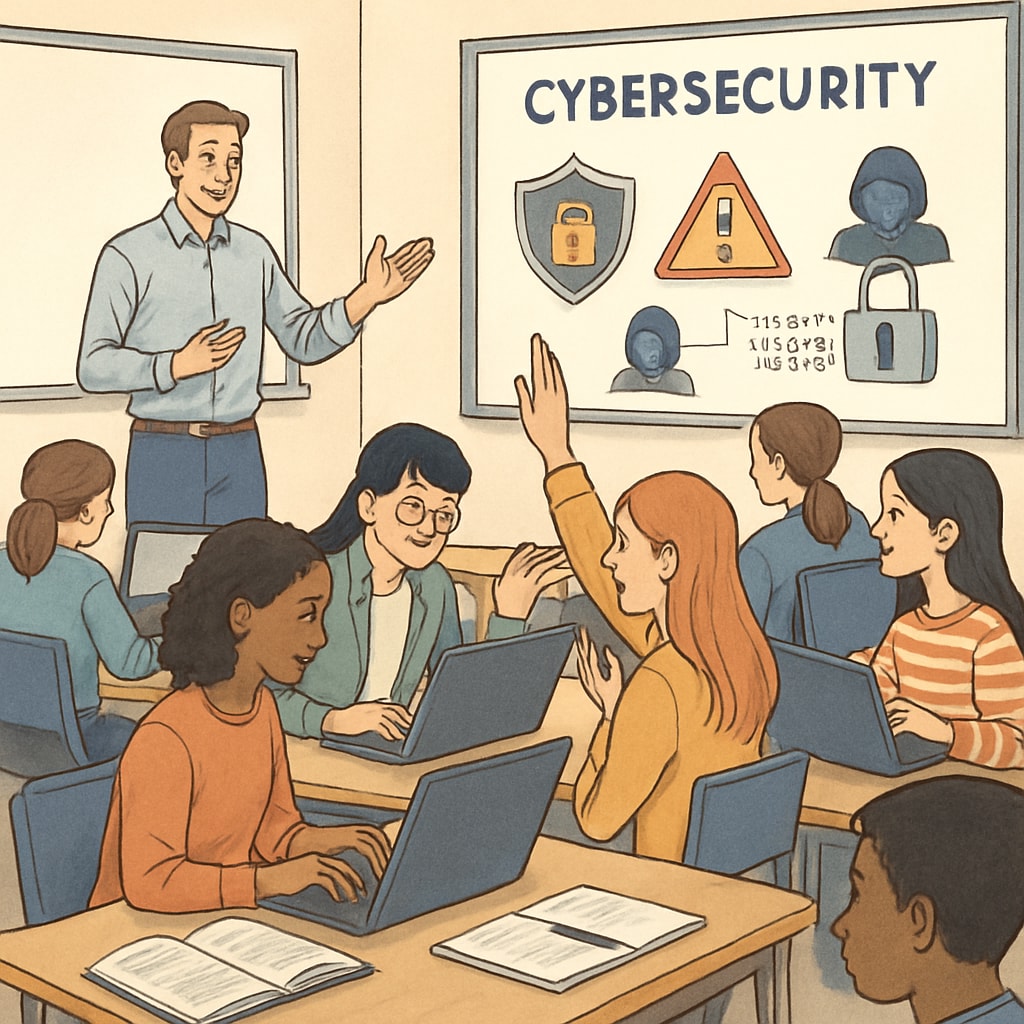University reputation, job opportunities, and cybersecurity are intricately connected, with early education playing a significant role in shaping students’ future careers. In an increasingly digital world, cybersecurity has become a critical field, and the path to success often starts well before university. This article discusses the influence of university reputation on cybersecurity jobs and explores how K12 education can lay the foundation for awareness and career planning in this vital industry.
The Role of University Reputation in Cybersecurity Careers
The reputation of a university can significantly impact a graduate’s job prospects, particularly in competitive fields like cybersecurity. Prestigious universities often provide access to top-tier internships, cutting-edge research opportunities, and strong alumni networks. These elements can give students a competitive edge when entering the job market.
For example, universities with well-established cybersecurity programs may collaborate with leading companies to offer students exclusive internships or job placements. Employers also tend to favor graduates from institutions known for their rigorous academic standards and hands-on training. According to a study by Britannica, the perceived quality of a university often reflects the strength of its academic programs, which directly influences graduate employability.

However, it’s essential to note that while university reputation is important, it is not the sole determinant of success. Skills, certifications, and practical experience often outweigh the prestige of a degree, especially in a skills-driven field like cybersecurity. Therefore, students must balance their choice of university with opportunities to gain real-world experience.
Fostering Cybersecurity Awareness in the K12 Stage
Career planning doesn’t begin at university; it starts much earlier. The K12 education stage is a crucial period for introducing students to cybersecurity concepts and fostering an interest in technology. By integrating cybersecurity topics into school curriculums, educators can help students develop critical thinking and problem-solving skills that are essential for the field.
For instance, schools can implement programs that teach students about online safety, data protection, and the ethical use of technology. Hands-on activities like coding challenges, simulations, or cybersecurity competitions can make these concepts engaging and practical. Organizations such as the International Information System Security Certification Consortium (ISC2) also offer resources to help schools introduce cybersecurity education at an early stage.

Additionally, schools can partner with local businesses or universities to expose students to role models in the cybersecurity industry. Guest lectures, workshops, and field trips can inspire students and provide a clearer perspective on potential career paths. These early interventions can also help students recognize the importance of academic excellence and the role of university reputation in achieving their career goals.
Practical Tips for Students and Educators
To effectively prepare students for a career in cybersecurity, both educators and learners should consider the following strategies:
- Introduce foundational cybersecurity concepts early: Topics like password security, phishing, and data encryption can be taught as early as middle school.
- Encourage participation in extracurricular activities: Joining robotics clubs, coding camps, or cybersecurity competitions can enhance skills and spark interest.
- Focus on STEM education: Strong foundations in science, technology, engineering, and mathematics are essential for cybersecurity careers.
- Highlight the importance of continuous learning: Cybersecurity is a rapidly evolving field, so students must develop a habit of staying updated with new technologies and threats.
- Promote university research: Encourage students to explore universities with strong cybersecurity programs and research opportunities.
By implementing these strategies, educators can help students build a solid foundation for their future careers, while students can take proactive steps toward achieving their goals.
Conclusion: A Comprehensive Approach to Career Success
In the cybersecurity field, the interplay between university reputation, job opportunities, and early education cannot be overstated. While a prestigious university can open doors, a strong foundation in cybersecurity awareness and skills development during the K12 stage is equally important. By fostering an early interest in cybersecurity and helping students make informed decisions about their education and career paths, educators and parents can empower the next generation of cybersecurity professionals.
As the demand for cybersecurity experts continues to grow, the combined efforts of schools, universities, and industry partners can ensure that students are well-equipped to navigate this exciting and dynamic field. The journey begins in the classroom, but the impact can be felt across the globe.


